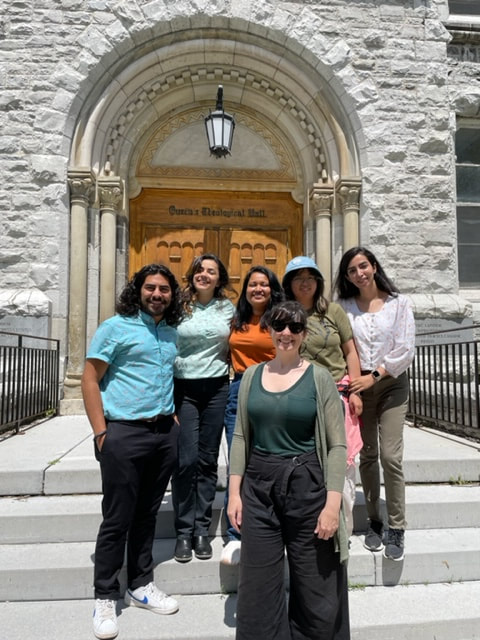|
Aaron Rosenstein MSc Candidate, Walker Lab Is it safe for you to travel to Mars? - DNA replication fidelity in microgravity The coming decades will represent a quantum leap in the field of crewed space travel, with planned missions back to the Moon, forward to Mars, and possibly beyond. The substantial biological threats of long-term space exploration are still key barriers to enacting these goals. Microgravity and radiation encountered in space are cellular stressors which could prove drastic to the health of future astronauts leaving earth’s orbit if not fully compensated for. Of specific concern is DNA mutagenesis precipitated by penetrating radiation coupled with microgravity’s effects on cellular function, and the cumulative impact of these processes on effective replication and repair of the genome.
The Polymerase Error Rate in Space (PolERIS) experiment was devised to identify whether DNA polymerase enzymes, essential for both replication and repair of the genome, are more prone to errors in microgravity, which would thus reduce cellular radiotolerance in space. This research necessitated the development of both novel genetics and engineering-based approaches to conducting biological research in microgravity. In order to characterize DNA replication in space, this experiment was conducted aboard a parabolic flight plane in order to induce real microgravity. Furthermore, it was determined that E. coli DNA polymerase I derivatives were more prone to both substitution and deletion errors in microgravity in the absence of the 3′→5′ exonuclease proofreading domain. This presentation will develop the intuition required to understanding the current state of the cellular stress response in space, how polymerases exhibit altered functionality in microgravity, and expand on the use of novel biosensors for detection of a broad spectrum of DNA damage in vitro. Comments are closed.
|
Archives
February 2021
|

